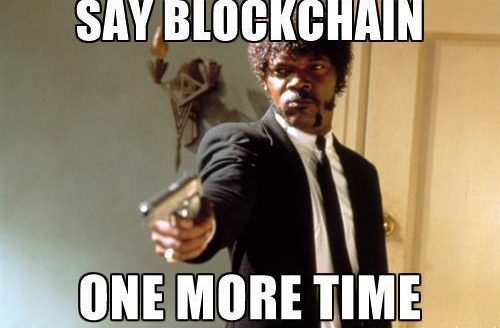Personal financial hygiene is seldom taught in schools or colleges. Even well-informed and educated citizens of the world who are the best doctors and engineers might not have a sound understanding about managing their own finances and investing for a secure future. Money management, looking after finances are subjects touched upon in schools. Now that cryptocurrency plays an important role in today’s world it only seems more necessary than ever to introduce it as a subject/ full time course.
Here is a list of 10 ways universities could successfully implement and impart credible knowledge about cryptocurrencies.
1. One day programs
Universities can begin with one day programs where they introduce to students the concept of trading online. This works for people swamped with responsibilities and other commitments. Where a full fledged course is not possible, one-day programs work as the better option.
2. Accept payment in crypto
If universities start accepting payment of fees in cryptocurrencies, students may be compelled to learn about them. The Lucerne University of Applied Sciences and Arts in Switzerland announced the decision to accept bitcoin payments
3. Creating awareness about benefits
Today’s students are tomorrow’s corporate leaders. Possessing knowledge about leading currencies will work as a competitive advantage. A former student turned entrepreneur who is trained in cryptocurrencies right from the university level, is going to be more likely to accept these currencies in life. Students who look forward to doing business online, can use this to their advantage.
4. Invite companies
Companies using the blockchain should consider providing training on the technology to both students and staff on an annual or semi-annual basis.
5. Distance learning
For students unable to be physically present in classrooms, universities can provide courses online. Online learning means anywhere and anytime learning. This appeals to students who do part time jobs, prefer learning in their own comfort spaces and time preference. Unoversity – world’s first blockchain knowledge base offers courses on blockchain. (Link : https://www.unoversity.com/)
6. Online projects
An article was published online (on Quartz) based on an interview with students from MIT who mined cryptocurrencies in their dorm rooms. With a small investment at the beginning, they ended up learning how to earn pocket money. The internet is a savior for students struggling with finances.
Professors well versed with cryptocurrencies can teach students by “assigning online projects”. Example: Students buy cryptocurrencies enough to try out token swapping with fellow students. This way, beginners won’t worry whether they are making right decisions or not.
7. Sharing global cryptocurrency news
The Marshall Islands have created their own cryptocurrency called Sovereign (SOV) backed by government support. This is news from around the world. Combining news and an opportunity to teach students something new, universities can issue their own handouts, magazine, e-zines etc. Unoversity is a news portal that helps stay updated about the good and the down side of Cryptocurrency while also offering courses on crypto and blockchain.
8. Technology meets innovation and business opportunities
Cryptocurrency education can lead entrepreneurs to develop crypto-supported apps that accept and promote currencies like Bitcoin, Bytecoin, Litecoin, KickCoins.
9. Linking certificates
MIT adopted blockchain to their benefit where Individuals are able to link all of their diplomas or certificates from every university they may have attended onto one record. This could be done using the embedded links on these pre-existing digital records to create a new and comprehensive “meta-record”.
10. Notifications
Sending daily blog posts or notifications which are a 1 minute read on latest cryptocurrencies, how it is changing the future, why it matters and so on. This way, the internet savvy millennials stay updated on a daily basis.






Huawei offers wallet app in App Gallery